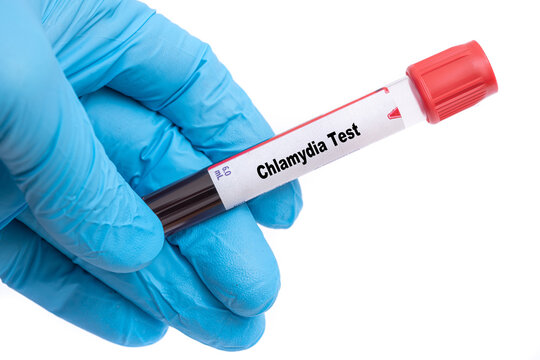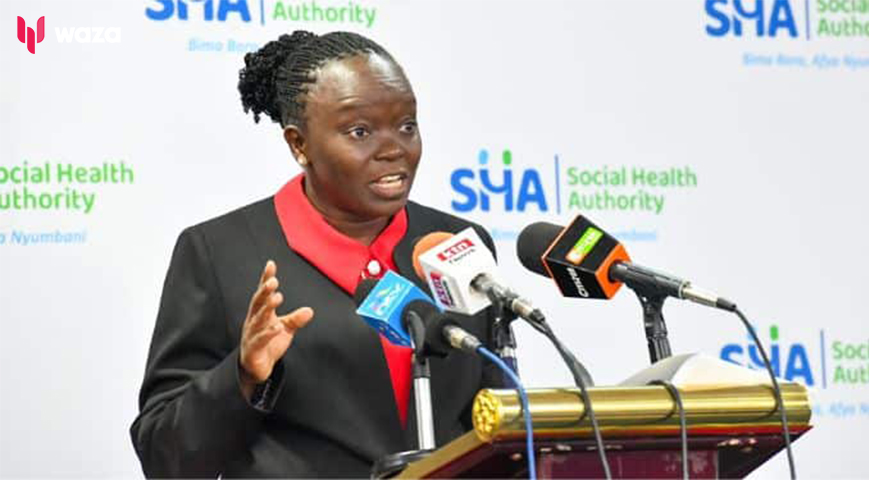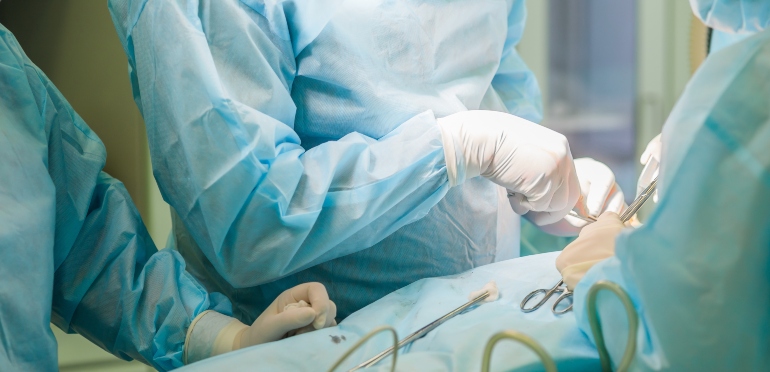Scientists at Kenya Medical Research Institute (Kemri) have warned kenyans to be vigilant after discovering two new variations in genes linked with gonorrhoea and chlamydia in the country that have never been seen before. The finding came as detectives tried to figure out why two medical facilities in Busia County, which borders Uganda, were seeing an increase in STI cases.

Prof Samson Muuo, the deputy principal research scientist at Kemri's Center for Microbiology Research, revealed that they were astounded to discover that all 424 Kenyan women aged 15 and above tested positive for gonorrhoea and chlamydia.
"This information was collected under socio-demographic characteristics that is still under analysis and so we will soon know how many used protection, the histories with using antibiotics as many indicated they have used them before , comorbidities if any and if they have had similar infections before," Prof Muuo said.
"The two new mutations we identified in MtrR and 23S rRNA genes associated with macrolide resistance were not from a common ancestral origin from the previous reported one. Busia being a border town gives an interesting approach about the diseases spread. Hypothetically, it can be assumed that these mutations will spread between the two regions," he added.
Did you read this?
According to the researchers, they did not identify the commonly documented genes associated with macrolide resistance. The mutations discovered did not share a common ancestor with the previously reported ones.

Prof Muuo also told the Nation that gonorrhoea and chlamydia mutations they discovered were striking in tandem.
He said that Co-infection is not new in diseases, so the phenomenon exhibited in the study is expected when exposed to different pathogens. This also indicates that the STIs are prevalent in that region.
Chlamydia trachomatis, Neisseria gonorrhoeae, and Mycoplasma genitalium are among the most frequently reported causes of urogenital tract infections in women, according to the researchers. They also discovered that mutations in the drug-binding site gene, 23S rRNA, significantly cause resistance in C. trachomatis and M. genitalium. Mutations in the mtrR locus in N. gonorrhoea can result in macrolide resistance.











